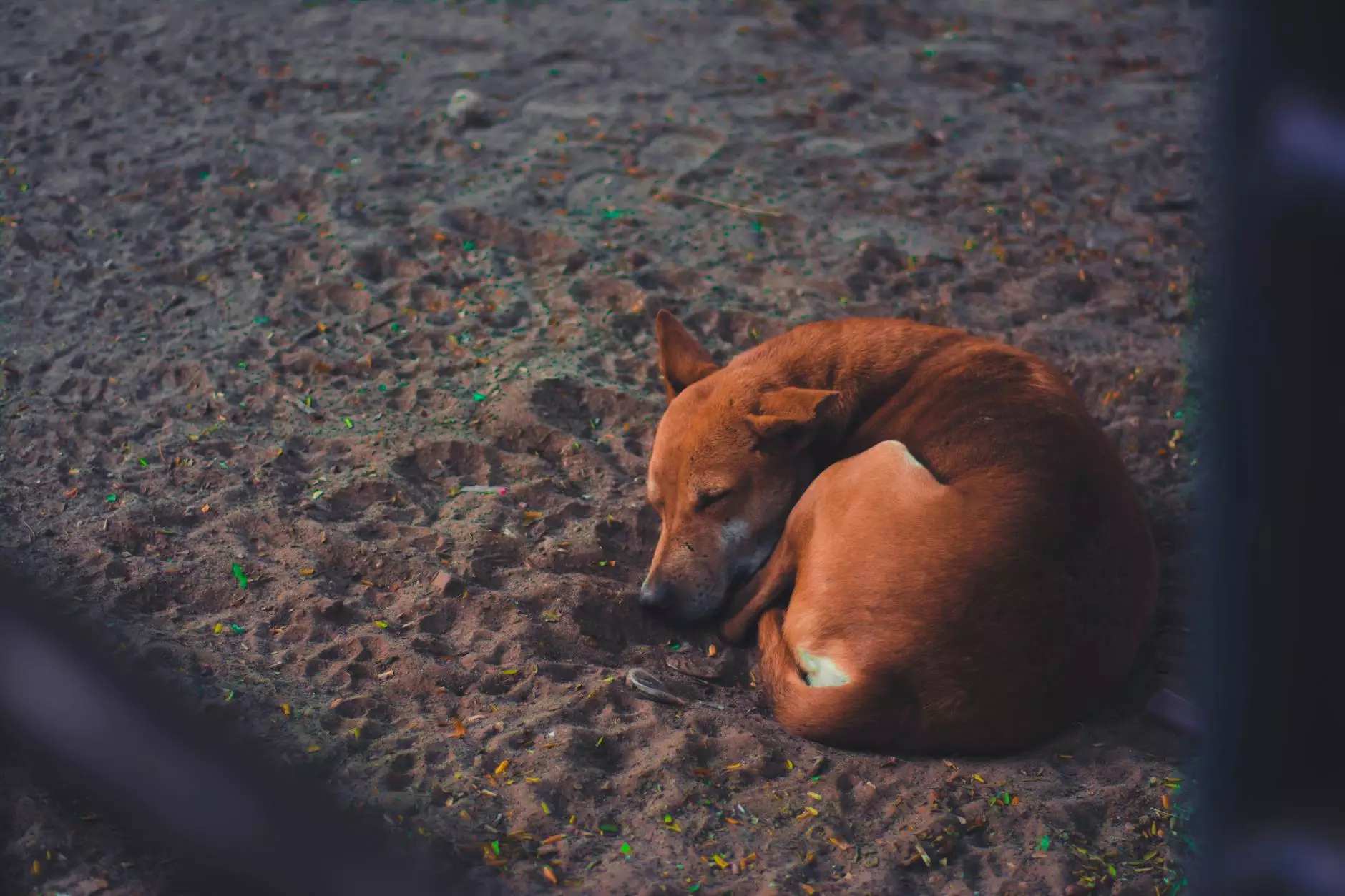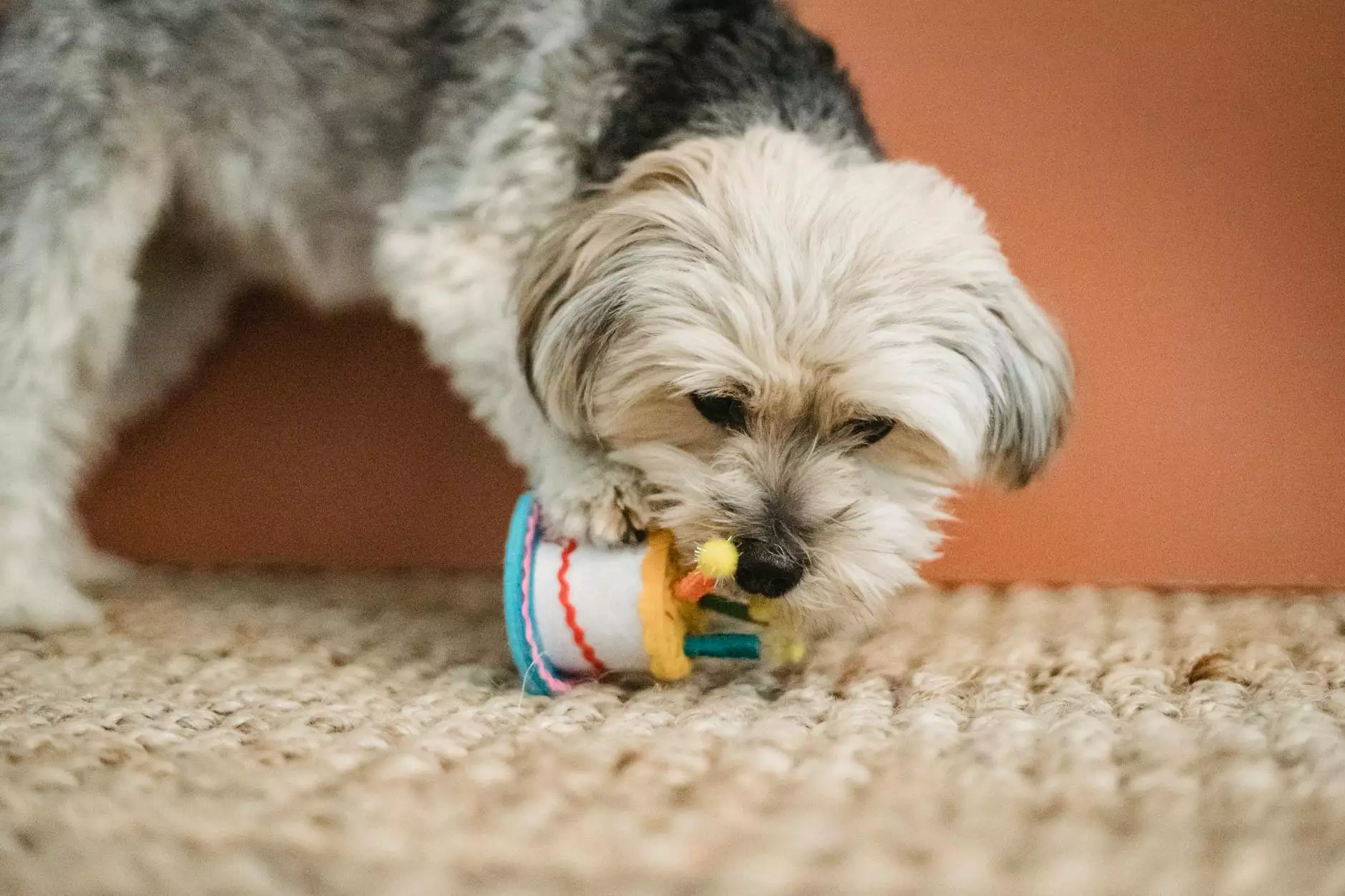How Many Hours a Day Do Dogs Sleep?
Dog Breeds
As pet owners, it's natural for us to wonder about the sleeping patterns of our beloved furry friends. Dogs, in particular, have different sleep needs compared to humans. In this article, we will delve into the fascinating world of canine sleep and explore the factors that influence how many hours a day dogs sleep.
The Importance of Sleep for Dogs
Sleep plays a vital role in a dog's overall health and well-being. When dogs sleep, their bodies and minds recharge, allowing them to function properly during their waking hours. Just like humans, dogs experience different sleep stages, including light sleep, deep sleep, and REM sleep.
Light sleep is characterized by shallow breathing and easily awakened state. Dogs in light sleep may twitch, move, or make little noises. This is the stage where they are more likely to wake up quickly.
Deep sleep is the stage where dogs experience their most restorative sleep. It is during this stage that their bodies repair themselves, muscles relax, and their immune systems strengthen. Dogs in deep sleep are less responsive to stimuli and may be more difficult to rouse.
REM sleep, or rapid eye movement sleep, is the stage where dogs may show dream-like behaviors such as leg movements, eye twitching, or vocalizations. It is during REM sleep that dogs process information learned throughout the day, similar to humans dreaming.
Factors Affecting a Dog's Sleep Duration
While there is no one-size-fits-all answer to how many hours a day dogs sleep, there are several factors that can influence their sleep duration:
1. Age
Puppies tend to sleep a lot more than adult dogs, usually around 18 to 20 hours a day. This is because their bodies are still growing and developing. As dogs mature into adulthood, their sleep needs gradually decrease. Adult dogs typically sleep around 12 to 14 hours a day, while senior dogs may sleep even less.
2. Breed
Breed plays a significant role in a dog's sleep patterns. Some breeds, such as Bulldogs and Pugs, are known to be more prone to snoring and sleep disorders. Brachycephalic breeds, characterized by their short snouts and flat faces, may experience breathing difficulties during sleep, which can affect the quality of their rest.
3. Size
Size is another factor that influences how many hours a day dogs sleep. Generally, smaller dog breeds tend to sleep more than larger breeds. Toy and small-sized breeds may sleep up to 16 hours a day, while larger breeds may need only around 10 to 12 hours of sleep.
4. Health and Exercise
Health and exercise levels also impact a dog's sleep duration. Dogs with underlying health issues or chronic pain may experience restless sleep and require more sleep to aid in their recovery. On the other hand, dogs with high activity levels may need more sleep to restore their energy.
5. Environment
Environment plays a significant role in a dog's sleep quality. Dogs are highly sensitive to their surroundings and may struggle to sleep in noisy or uncomfortable environments. Providing a peaceful and comfortable sleeping area, away from distractions, can help promote better sleep for your furry companion.
Tips for Ensuring Your Dog Gets Enough Sleep
Now that we understand the factors influencing a dog's sleep duration, here are some tips to help ensure your dog gets enough rest:
1. Establish a Routine
Consistency is key when it comes to establishing a healthy sleep routine for your dog. Aim to have regular bedtime and wake-up times to promote a sense of stability and relaxation.
2. Provide a comfortable sleeping space
Create a cozy and comfortable sleeping space for your dog. Invest in a high-quality dog bed that provides adequate support for their joints and muscles. Ensure the sleeping area is free from excessive noise and has suitable temperature and ventilation.
3. Regular exercise
Exercise is essential for a dog's overall well-being, including their sleep quality. Engage your dog in regular playtime and physical activities to help burn off excess energy and promote better sleep at night.
4. Mental stimulation
Provide your dog with mental stimulation throughout the day to prevent boredom and promote mental fatigue. This can be accomplished through puzzle toys, interactive games, and training sessions. A mentally tired dog is more likely to have a restful sleep.
In Conclusion
Dogs sleep an average of 12 to 14 hours a day, but the sleep duration can vary depending on various factors such as age, breed, size, health, and environment. Understanding your dog's specific sleep needs and implementing appropriate measures to ensure they get adequate rest is crucial for their overall health and well-being.
At Exotico Savannahs, we value the importance of a good night's sleep for all pets, including dogs. If you have any further questions or concerns about your dog's sleep patterns, our team of experts is here to assist you. Contact us today.










